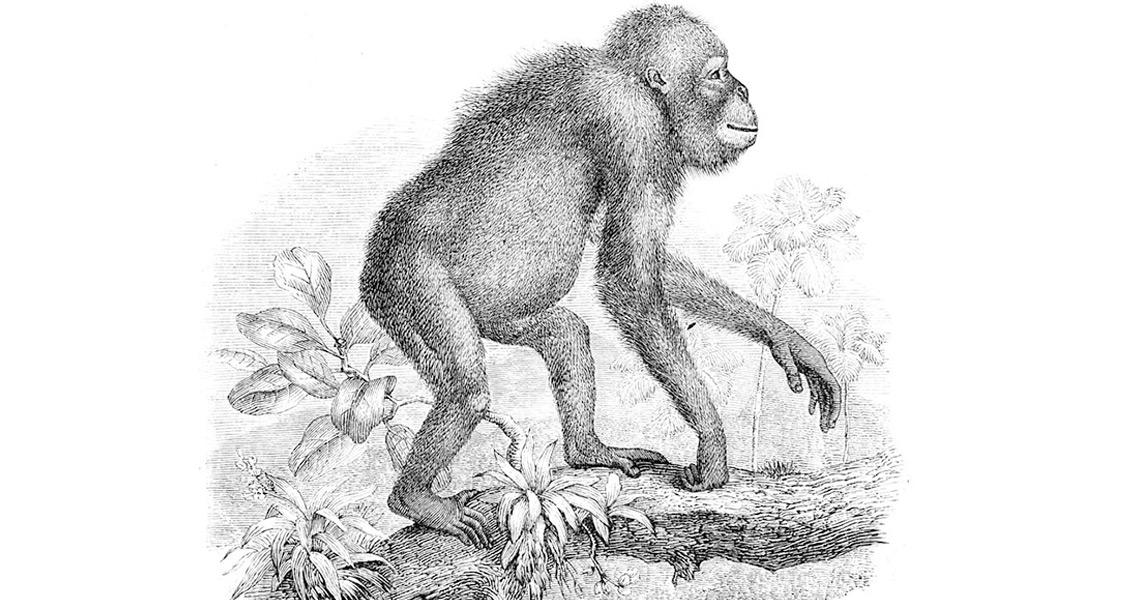<![CDATA[The origin of human language evolved from our ancestors, apes. However, scientists are still unsure about the process behind this, and how we suddenly evolved from grunts and noises to hundreds of different spoken languages. The Pongo Foundation is a non-profit organisation that studies orangutans both in the wild and in captivity. Their research helps keep track of the increasingly small amount of orangutans around the world. The foundation recently joined forces with Liverpool John Moores University (LJMU) to research orangutan calls. By studying these calls, it seems the researchers have found they show strong similarities with that of human spoken languages. This insight offers what could be the answer to how humans came to develop languages. According to Phys.org, the research that shows that orangutans produce human like consonants and vowels will be appearing in the scientific journal PLOS ONE this week. The study was led by Pongo Foundation researcher, Adriano Lameira. He stated that "These calls were produced by quickly opening and closing the lips, much like humans do when talking. One of these calls presented similarities with the human consonants, and another with human vowels, the two basic building blocks of human speech." Every human society and community is underlined by speech, which structures the way in which we communicate. However, the origin of all of the world's spoken languages remains a mystery, and has done since the publication of Darwin's Theory of Natural Selection outlined the role of evolution in the development of modern humans. Lameira spoke of the difficulties of finding the origin of languages; "The major barrier for our understanding of the evolution of spoken language is the observation that great apes (our closest relatives), exhibit a very rigid use of their calls and seem to lack the capacity to modify or learn new calls into their repertoire". That greatly contrasts with the way humans speak today, through a diverse range of languages that are constantly evolving. This is what has always raised critical questions about our connection to great apes and the "evolutionary continuity between our vocal repertoire", according to Lameira. A co-researcher and professor at LJMU School of Natural Sciences and Psychology, Serge Wich, has questioned the actual capabilities of great apes compared to what we normally believe, "Orangutans seem to have more capabilities to learn and produce calls than we assumed several years ago. This indicated how important studies are that examine calls in this relatively silent ape species." The researchers at LJMU and the Pongo Foundation will continue to study these apes in the hope of finding the origin of spoken language, and what has allowed it to evolve. Image courtesy of Wikimedia commons user: PetWoe ]]>
Apes and Orangutans Shed Light on the Origin of Language
